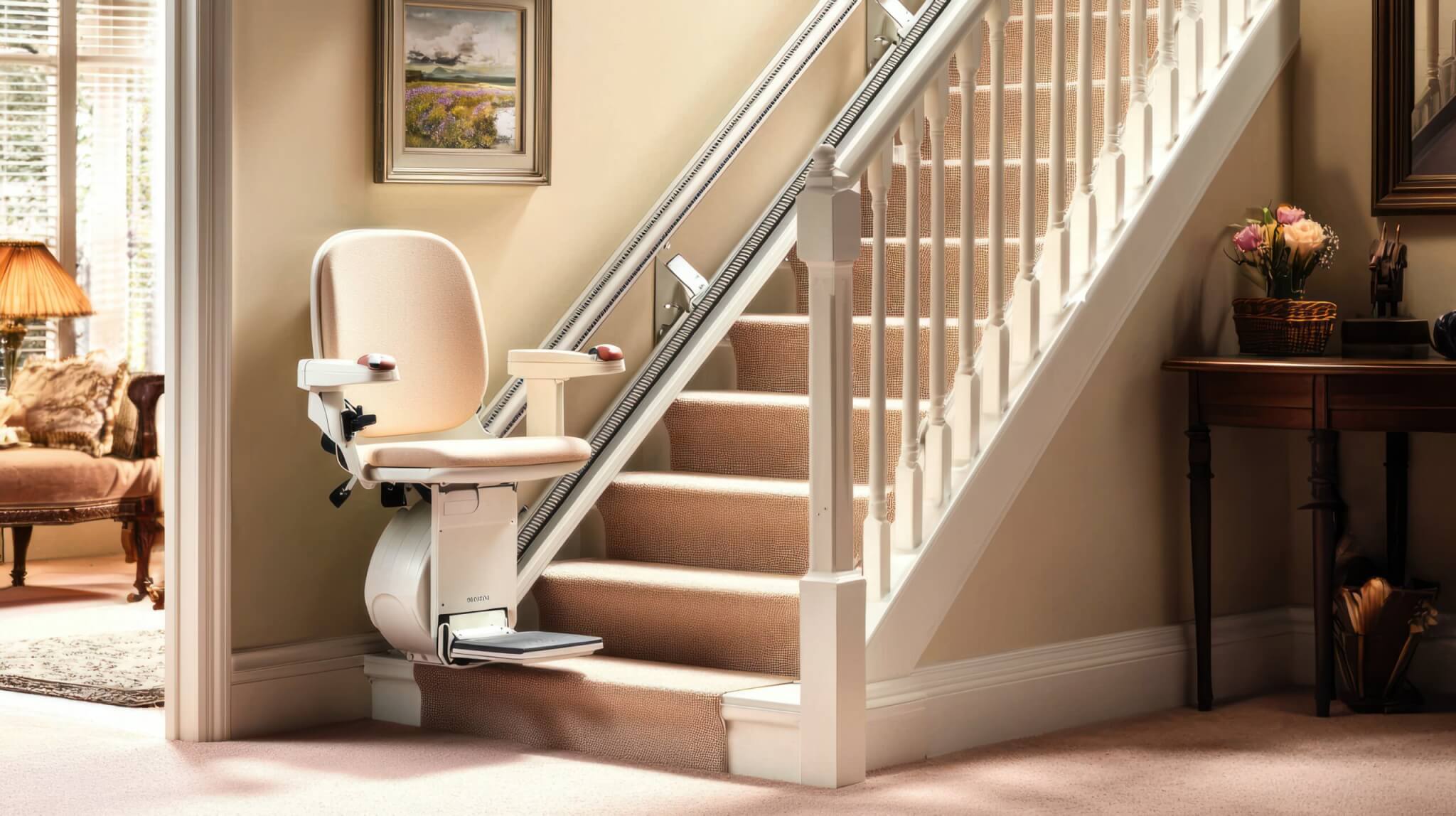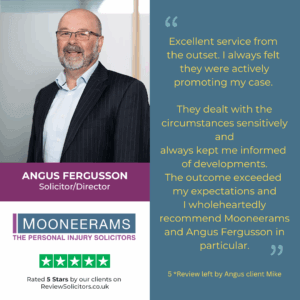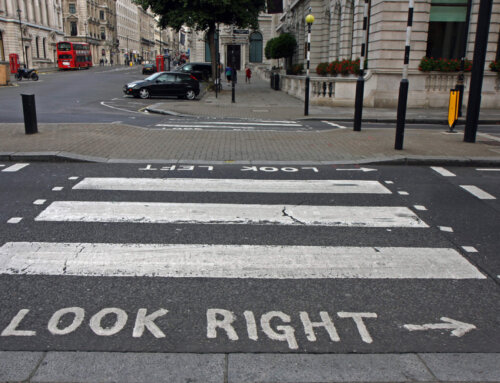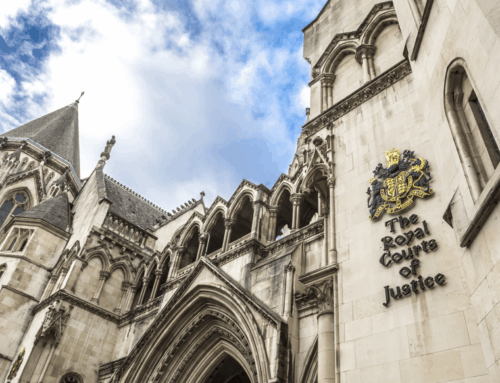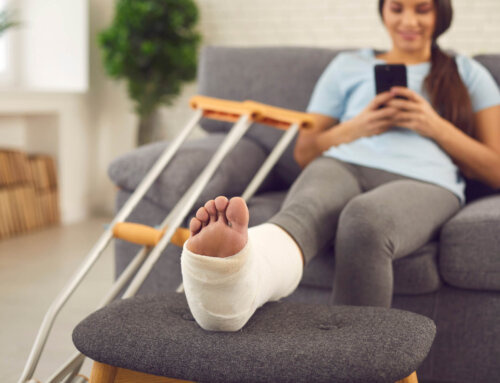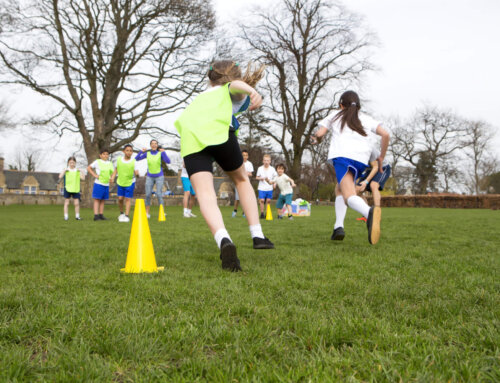Can you claim the cost of adapting your home after a serious injury? We explain what you can include in a claim and how compensation is assessed.
Serious injury claims are the most acute type of personal injury claims we deal with at Mooneerams. Often involving catastrophic injuries, they can have a life-changing impact on the injured person and their families.
Given their severity, it’s not surprising that the damages awarded in serious injury claims can be significant.
Personal injury compensation is intended to put the victim back in the position they would have been in had their accident not happened.
This includes compensating the victim for their pain and suffering, as well as any financial losses.
Where serious injuries are concerned, putting the injured person back to where they were before the accident is frequently impossible.
Instead, compensation can be used to ensure the accident victim’s life moving forward is made as comfortable as possible.
One of the ways that compensation can help is by paying for the costs of adapting your home (or even purchasing a new one) to meet your altered needs following the accident.
When is an injury classed as ‘serious’ in a compensation claim?
There isn’t a legal definition of ‘serious injury claims’, but they generally involve injuries that have severe and long-lasting effects on a victim and their loved ones. Examples of the types of injuries that might give rise to a serious injury claim include:
1. Serious limb damage or amputation
Some accidents are so severe that they result in the victim losing a limb. This is known as a ‘traumatic amputation’. A variety of accidents can result in a traumatic amputation, including:
- A workplace accident that causes an employee’s leg to get caught in machinery or crushed by a heavy object.
- A road traffic accident involving a cyclist being hit by a car at high speed. Over half of traumatic amputations are caused by road traffic accidents.
- Agricultural accidents, such as a person’s leg or arm getting caught in farming machinery.
Amputees may need to make adjustments to their homes to maximise their independence.
2. Brain injuries
Traumatic brain injuries (TBIs) are caused by severe trauma to the head. The leading cause of TBIs in young people is road traffic accidents, while older people are more likely to sustain a TBI following a fall.
While most of the 200,000 people who attend A&E departments each year with a head injury will recover without treatment, some of the 40,000 of those who present with a TBI will be left with a lifelong disability. Some even die from their injury. In fact, head injuries are a significant cause of disability and death in people aged between 1 and 40.
The effects of a severe TBI can be catastrophic. Sufferers can experience impaired consciousness and may be left in a coma or permanent vegetative state. Other symptoms include weakness in the arms and legs, sensory issues, difficulties with hearing and vision, problems with balance, and memory loss.
Given the range of symptoms people with TBIs can experience, the types of home adaptations they require can vary significantly.
3. Spinal injuries
Around 1,000 people in the UK suffer a spinal injury each year, with road traffic accidents and falls being two of the leading causes. Spinal injuries are devastating for those who sustain them and their loved ones. While scientists hope that advancements will lead to a cure for spinal injuries one day, there is currently no way of curing a spinal injury.
Spinal injuries sometimes cause a sufferer to lose sensation below their injury site, leaving them unable to move the affected body parts. As a result, home adaptations will usually be necessary to enable the sufferer to live as independently as possible.
Can you recover the cost of adapting your home after a serious injury?
In addition to compensating you for your pain, suffering, and loss of amenity, personal injury compensation is intended to make good your financial losses. This includes the cost of adapting your home to meet your needs. Depending on the nature of your injuries, to accommodate all your needs, you may have to move to a different property, such as a bungalow.
Do I need expert evidence to claim home adaptations?
Claiming for the cost of home adaptations or of buying a new property is a complex affair and requires careful consideration, often with the evidence of a number of experts, including quantity surveyors, architects, rehabilitation experts and the client’s case manager.
In addition to claiming the cost of the adaptations to the home or the additional cost needed to buy a new property, you may be able to claim other expenses, such as increased insurance and utilities costs, and any extra furniture required. However, everything you claim must be necessary and reasonable.
Bear in mind, personal injury compensation is not intended to make a claimant better off. The aim is to put them back to where they were before the accident (as much as that is possible in serious injury cases).
Do courts reduce compensation if adaptations increase property value?
Courts are mindful that some adaptations or property purchases will increase the value of a property. In those cases, the court will make an adjustment to the amount of compensation awarded to take account of the increase in value.
What kinds of home adaptations can be claimed in compensation?
- Fitting handrails for stability near doors
- Widening doorways to accommodate wheelchair access
- Fitting ramps at the front and back doors to allow easier wheelchair access
- Putting in a roll-in shower or a wet room
- Install a hydrotherapy pool
- Non-slip floors and grab bars
- Stairlifts
- The lowering of surfaces
- Hands-free toilets
- Fall and movement detectors
- Accessible parking spaces(s)
By their very nature, serious injuries have a profound impact on the lives of those who suffer them and their families.
However, with the proper support, people living with serious injuries can often lead happy, fulfilling lives. Compensation has a massive part to play in making sure the injured person gets all the requirements they need to make life as normal as possible.
What external support is available to seriously injured accident victims?
There are numerous charities dedicated to helping people with different types of serious injuries. For example, the charity Headway supports brain injury survivors, providing rehabilitation programmes, carer support, respite care, and social reintegration.
Aspire offers spinal injury sufferers a range of help and advice relating to key issues, such as accessible housing, assistive technology, and independent living.
Amputees can access a community of support through the Amputation Foundation, which offers resources to help amputees to adapt to life after limb loss.
Are Mooneerams experienced serious injury solicitors?
Mooneerams experienced serious injury lawyers, include partner Angus Fergusson, who heads up the serious injury team.
Angus has over 25 years of post-qualification experience in handling claims of the utmost severity. He is supported by a high-quality team, and together they regularly achieve high-value damages settlements for their clients.
Our serious injury lawyers understand how challenging it can be to live with a long-term serious injury. Recognising this, we do everything we can to support our clients and their families as they adjust to their new norm, all the way through to settlement and beyond.
We offer clear legal advice in plain English, and we usually act for our clients on a No Win No Fee Basis.
For further information about pursuing a serious injury claim and why mooneerams might be the right firm for you or your loved one, call Mooneerams now and ask to speak with Angus Fergusson on 029 2199 1927 or fill in the form to the right of this page and send your details to us for a prompt call back from us.
Posted in Personal Injury Claims

